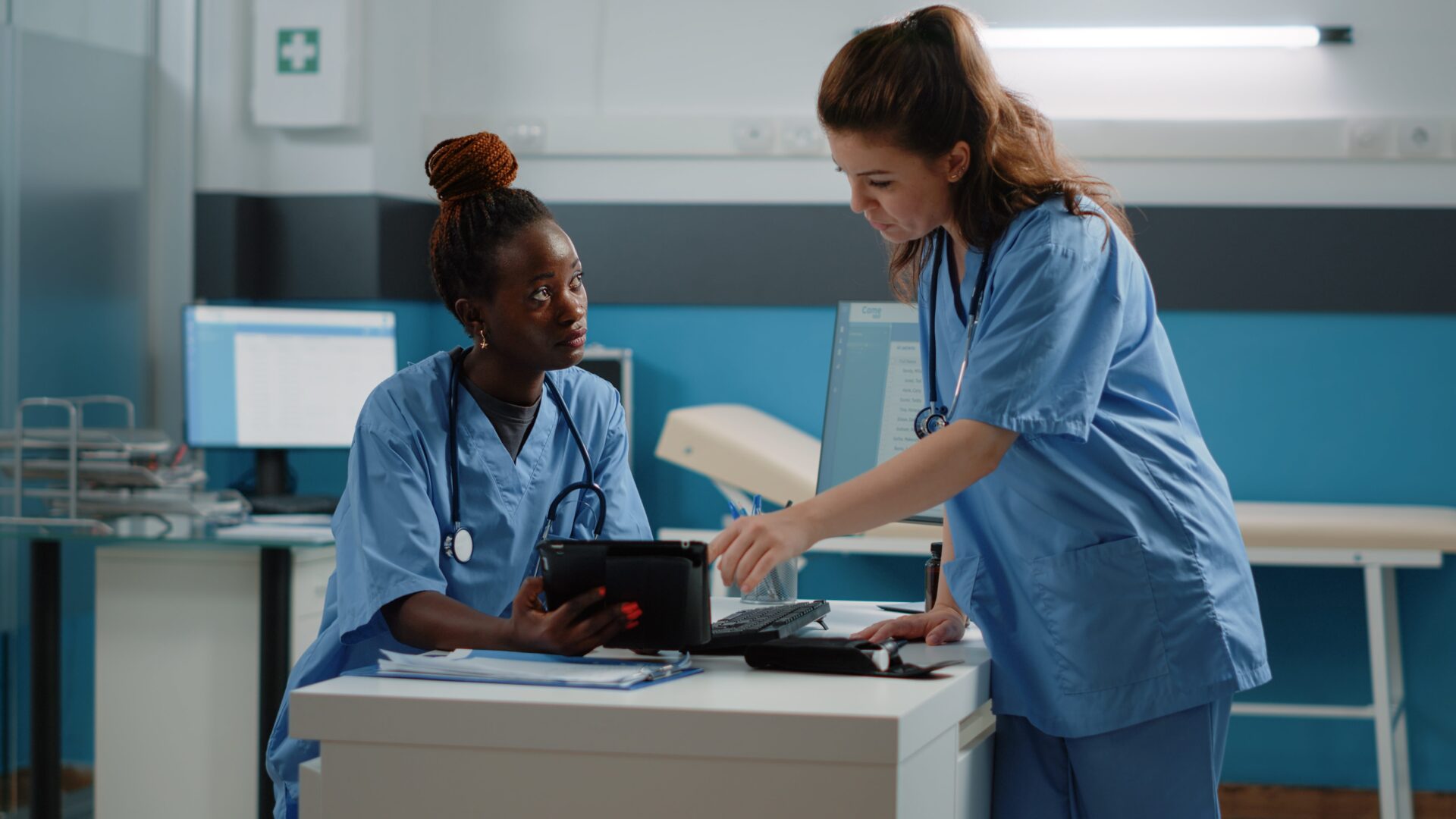Summary
The Transfers of Care Around Medicine (TCAM) project helped to identify patients that need extra support with their medicines when discharged from hospital. Referring them through a safe and secure digital platform for advice from their local community pharmacist.
"
We are proud of the role the Network has had in leading the spread and adoption of this practice, which reduces patients being readmitted to hospital and the foundation this created for the national DMS service.
"
Bill Gillespie, lead officer for medicines optimisation for the AHSN Network
What the project involved
When some patients leave hospital they can need extra support taking their prescribed medicines. This may be because their medicines have changed or they need a bit of help taking their medicines safely and effectively. The transfer of care process is associated with an increased risk of adverse effects. 30-70% of patients experience unintentional changes to their treatment or an error is made because of a miscommunication.
Original work in the North East showed that patients who see their community pharmacist after they’ve been in hospital are less likely to be readmitted and, if they are, will experience a shorter stay.
The AHSNs delivered the Transfers of Care Around Medicine (TCAM) project between 2018-2020 initially working with trusts and Local Pharmaceutical Committees to help set up a secure electronic interface between the hospital IT systems and PharmOutcomes.
Through our national implementation each AHSN supported their local trusts to establish a TCAM pathway. This enabled all suitable patients to be referred to their community pharmacy or GP pharmacist where appropriate.
Outcomes
At the end of the AHSN Network national medicines optimisation programme in 2021, 61% of all NHS acute trusts had adopted TCAM. From April 2020-end of September 2021, over 103,000 referrals had been completed through the TCAM programme.
Next steps
In February 2021, the NHS Discharge Medicines Service (DMS) was introduced as a national, essential service for community pharmacies in England. The DMS service built directly on the learning and reach that the AHSN TCAM programme had already delivered. This service uses a digital platform to enable trusts to communicate with a patient’s usual community pharmacy about changes to their medication when they leave hospital. Through our successful roll out of TCAM, the AHSNs created a foundation for embedding the national DMS service. The legacy of resources created during the TCAM programme were made available for any new trust coming to this service.
Two years later, government data has been released which shows community pharmacy has claimed for around 216,700 patient referrals from hospitals, through the DMS service, with more referrals for patients from deprived neighbourhoods. The original evidence base created by the TCAM work demonstrated a reduction in readmissions at 30, 60, and 90 days. This strong evidence base has continued under the DMS service with one 30-day readmission avoided for every 10-23 admissions, according to the latest government data. Extrapolating data to January 2023, the government estimates that between 9,420 and 21,667 readmissions have been avoided since the service started.
Access useful resources and learning about TCAM, now called the NHS Discharge Medicines Service.







